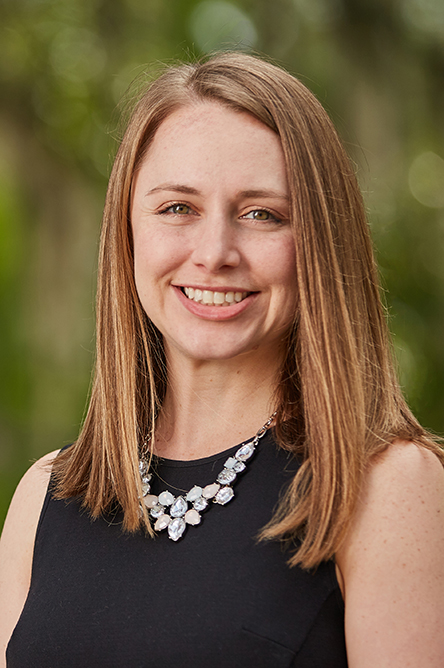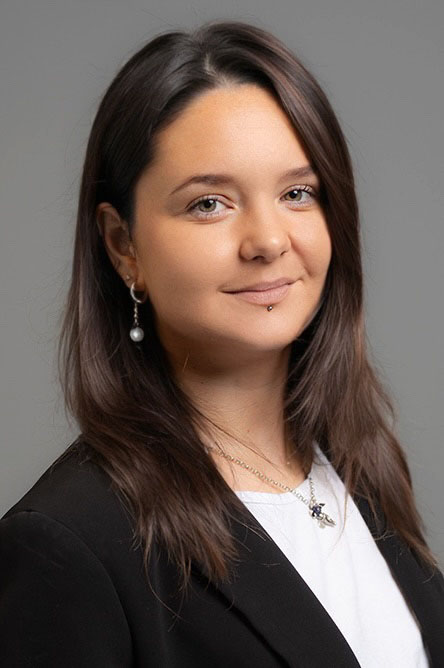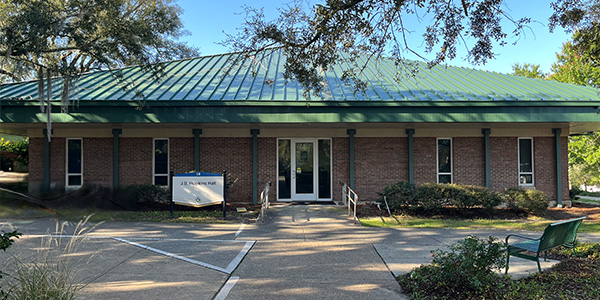Meet the Staff
-
 Dr. Dallas Snider
Dr. Dallas SniderKugelman Honors Program Acting Director and UWF Vice Provost
-
 Katie Riesenberg
Katie RiesenbergAssociate Director
-
 Jenny Makselan
Jenny MakselanAssistant Director
-
 Lexi Miller
Lexi MillerCoordinator II
-
 Elizabeth Barrett
Elizabeth BarrettCoordinator
-
 Anayet Etxegibel Riezu
Anayet Etxegibel RiezuProgram Assistant







